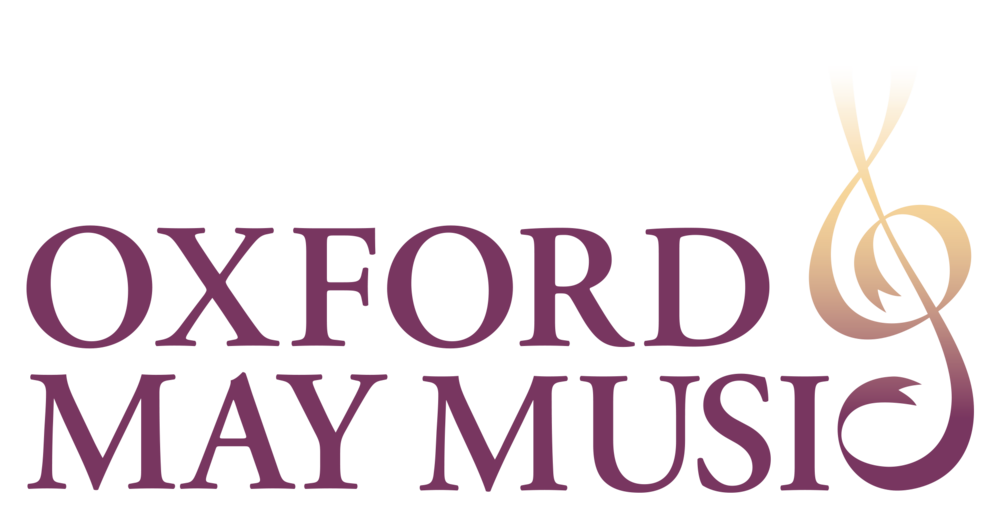Festival Finale
The traditional send-off sees one of classical music's most famous pieces appear at the Festival for the first time - Schubert’s “Trout” Quintet. Another first is the Mozart “Gran Partita”, the Serenade in B flat K361 originally composed for twelve wind instruments and bass. The original forces are beyond our logistics but tonight’s arrangement for piano quartet and clarinet still reflects on a somewhat smaller scale the genius of Wolfgang Amadeus.
Filipe Pinto-Ribeiro - piano
Amandine Savary - piano
Paul Dean - clarinet
Jack Liebeck - violin
Simon Oswell - viola
Christian-Pierre La Marca - cello
Enno Senft - double bass
W.A. Mozart - Serenade No. 10 in B flat Major, K361, “Gran Partita”, arranged for Piano Quartet and Clarinet
interval
F. Schubert - Piano Quintet in A Major, D667, “The Trout”
PLEASE NOTE: early start time of 6pm














